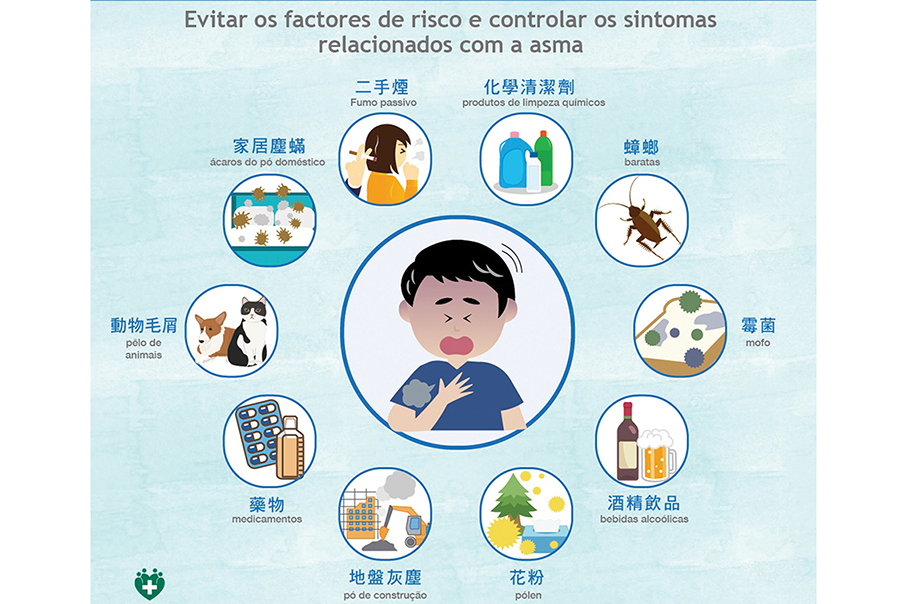The Monetary Authority of Macau (AMCM) launched a new system named Easy Transfer, which aims to make residents’ interbank transfers more convenient, Macau’s quasi-central bank announced yesterday during a press conference.
AMCM President Benjamin Chan Sau San said that as interbank transfers used to be liable to costs and could take a while, the Monetary Authority of Macau decided to implement the Easy Transfer system to make money transfers more convenient.
According to Chan, all 31 banks in Macau are participating in Easy Transfer and have set up the Faster Payment System (FPS), which allows local low-amount-of-money interbank transfers. He added that yesterday was the first day of its trial run online, and residents can now register for Easy Transfer.
Chan said that after residents or companies register for FPS, it offers three types of functions, namely “real-time transfer”, “non-real-time transfer” and “batch-transfer”. He pointed out that for “real-time transfer”, there will be no fee and the money will be automatically deposited in the receiver’s bank account within 30 seconds. He also noted that 11 of the 31 local banks offer the “real-time transfer” service 24/7, while other banks’ transfer may depend on their opening hours. He added that the “non-real-time transfer” takes about a day to deposit the money in the receiver’s account but some banks may not transfer money during the hours they are closed.
Meanwhile, Chan said that “batch-transfer” is especially made for companies to pay their staff. He pointed out that the “batch service” allows companies to directly pay their staff members even though each staff member may have their bank accounts at different banks. He added that only some banks offer such a service, and depending on the bank some may charge for the “batch-transfer” service.
How does it work?
AMCM Financial Infrastructure and Information Technology Department official Tam Hoi Sai told the press conference, which was held at the AMCM building on Guia Hill, that people can enjoy the three functions on banks’ phone applications or on e-banking websites. Tam pointed out that the transferer is not required to have an Easy Transfer account but the receiver must have an account in order to have the money deposited.
According to Tam, the receiver can register using his or her mobile phone number (from Macau, Hong Kong or the mainland), and each phone number can sign up an account at multiple banks on their respective bank’s Easy Transfer page or at the bank. However, Tam added that each person must choose which account is his or her “preferred” option, in which the money will usually be deposited.
Tam noted that, on the one hand, for “real-time transfer”, each person can transfer at most 10,000 patacas per day, and only 5,000 patacas per bank account. Tam underlined that the bank will notify the receiver via SMS that he or she has received a transfer. On the other hand, for “batch-transfer”, companies can transfer at most 50,000 patacas per employee but they can transfer the salaries to multiple staff members on the same day.
Tam underlined that currently users can only transfer patacas via Easy Transfer.
Tam gave the example that if a group of friends went out for dinner, they could use Easy Transfer to split their bill. He said that if “A” pays for the table, A’s friends can pay their portion by transferring the money to A’s bank account via their phone regardless which bank A uses. Tam elaborated that all of A’s friends can type A’s mobile phone number on the Easy Transfer page of their respective bank, and it will show A’s name with parts of it being masked for security reasons. After confirming that the phone number inserted is A’s, the money will immediately be transfered to and deposited into A’s account.
Reporters asked Tam if the transferer inserted the wrong number and accidentally confirms it without double-checking the name, what will happen? He answered that as the transfer happens within 30 seconds, the transfer cannot be recalled, so the only way to retrieve the money is to contact the transferer’s bank. Tam pointed out that Easy Transfer records will appear on bank statements like normal transfer records.
As some people may be concerned about the security measures of using Easy Transfer, Tam said that usually when making a money transaction via e-banking it requires two verifications: SMS confirmation code and one’s password. In other words, Tam said that people need not to worry about the security issues while using Easy Transfer, especially when both transferer and receiver will receive an SMS notification about the transaction.
According to Tam, Easy Transfer services, “unfortunately”, do not cover third-party payment, such as MPay, at the moment as it is currently a system exclusively for interbank transfers. AMCM Financial Infrastructure and Information Technology Department Chief Lau Kei Fong added that MPay and other third-party payments will be part of the second stage of Easy Transfer.
With regard to the second phase of Easy Transfer, Lau said that Monetary Authority of Macau has been analysing and gathering information whether to introduce yuan-to-pataca or HK-dollar-to-pataca transfers first.
When asked if banks were unhappy about the free interbank transfer service, Lau said that the Monetary Authority of Macau has discussed the matter with the participating banks previously, and they actually think that the new system is more convenient and appreciate the simplified procedures for interbank transfers, stressing that banks are very welcoming of Easy Transfer.

Monetary Authority of Macau (AMCM) Financial Infrastructure and Information Technology Department Chief Lau Kei Fong (left) and official Tam Hoi Sai address yesterday’s press conference about the Easy Transfer launch, at the AMCM building on Guia Hill. Photo: Prisca Tang









